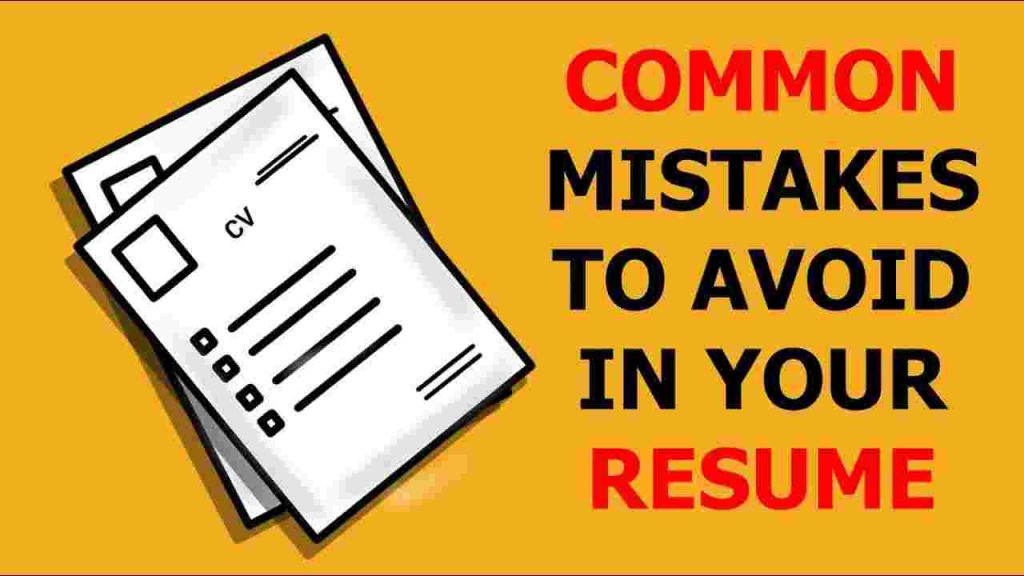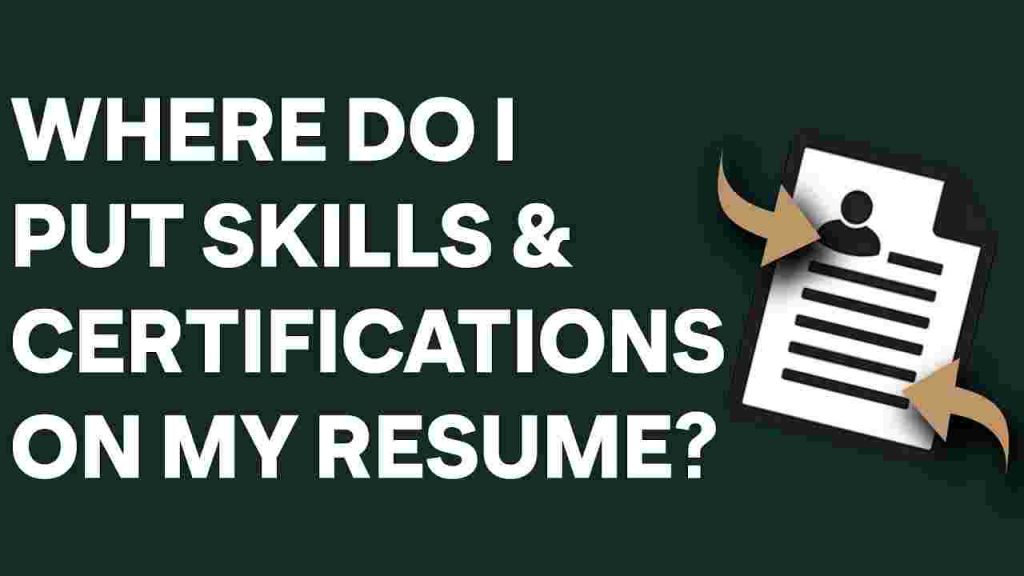A resume is your chance to show employers who you are. It’s important to list your skills clearly, especially soft skills.
Soft skills are how you interact with others and handle different tasks at work. They include skills like teamwork, leadership, communication, and problem-solving.
Many employers look for these skills because they are important for working well in a team and handling challenges.
In this article, you will learn 5 ways to showcase your soft skills in your resume. These tips will help you stand out and get the job you want.
1. Use Strong Action Words
Action words are powerful. They show exactly what you can do. When you write your resume, avoid weak words like “helped” or “assisted.” Instead, use strong action words that describe what you did clearly.
For example, instead of writing, “I helped manage the team,” you could write, “I led a team of five members.” This tells the employer exactly what you did.
Why Action Words Matter
Using strong action words makes your skills clearer. Employers want to know what you can do, not just what you were a part of. If you write, “I improved team communication,” it shows that you took action to make things better.
Action words like “led,” “managed,” “organized,” and “coordinated” help make your resume stronger and more impactful.
Examples of Strong Action Words
Here are some action words you can use:
- Led – Led a team, led meetings, led projects.
- Solved – Solved problems, solved customer issues.
- Created – Created plans, created new ideas.
- Trained – Trained employees, trained team members.
- Managed – Managed schedules, managed projects, managed teams.
By using these words, your resume will be clear and precise. This helps employers see your skills easily.
2. Add Soft Skills in the Summary Section
The summary section of your resume is where you briefly introduce yourself. It’s one of the first things employers see. This is a great place to mention your soft skills. It gives employers an idea of who you are right away.
For example, instead of saying, “I am a good team player,” you can say, “I am a team player with strong communication skills.” This tells the employer that you are a person who works well with others and can communicate effectively.
What to Include in the Summary
In the summary, try to include three key soft skills that describe your strengths. These might include:
- Teamwork – Your ability to work with others.
- Communication – How well you explain ideas and listen.
- Problem-solving – How you find solutions to challenges.
For example, a good resume summary might look like this:
“I am a dedicated team player with strong leadership and communication skills. I solve problems quickly and stay organized in fast-paced environments.” This lets the employer know exactly what soft skills you bring to the table.
How to Make the Summary Stand Out
Be sure to use clear, simple language in the summary. It should be a snapshot of who you are and what you can offer. Focus on your strengths and what makes you different from other candidates. Keep it short, to the point, and easy to read.
3. Match Skills to Job Requirements
Each job is different. Employers want to know if you have the right skills for the job. They list these skills in the job description.
Take time to read the job description carefully and pick out the soft skills that the employer is looking for. If the job requires good communication or teamwork, make sure to highlight these skills on your resume.
How to Find the Right Soft Skills in the Job Description
Look for words in the job posting that describe what the employer wants. Some examples might be:
- Teamwork – If the job says, “Must work well with others,” this means teamwork is important.
- Leadership – If the job mentions, “Manage a team,” then leadership is a key soft skill.
- Problem-solving – If the job asks for “solutions to challenges,” problem-solving is important.
How to Match Skills to the Job
Once you know the soft skills the employer wants, add them to your resume. But don’t just list them. Use examples from your past experience to show how you have used these skills.
For example, if the job requires teamwork, you can write, “Worked in a team of 5 to complete projects on time.” This shows the employer that you have experience with the skill they want.
Why Matching Skills to the Job is Important
Matching your soft skills to the job description makes your resume more relevant. It shows the employer that you understand what they are looking for and that you have the skills to succeed in the role.
4. Use Numbers to Prove Your Skills
Numbers make your skills more real. They show your achievements in a clear way. When you list your soft skills, try to use numbers to show how you used them.
For example, instead of saying, “I helped improve the team’s communication,” you can write, “I improved team communication, which led to a 20% increase in project efficiency.” This proves that your skills made a real difference.
Why Numbers Matter
Numbers help employers see your impact. It’s easy to say you are a good communicator, but when you show that you increased team productivity by 20%, it gives proof. Numbers give your resume more power and make your skills stand out.
How to Use Numbers in Your Resume
Use numbers when you talk about any soft skills that had an impact. Here are some examples:
- “Led a team of 10 people to finish 5 projects on time.”
- “Trained 15 new employees, improving team performance by 25%.”
- “Resolved 30 customer complaints in one month, improving satisfaction.”
Numbers show exactly what you achieved and how your soft skills helped.
5. Show Soft Skills in Achievements
Your achievements are the things you’ve done that show your success. Employers want to know how your soft skills helped you succeed in the past.
For example, instead of saying, “I am a good problem solver,” you can show how you solved a problem. Write about a time when your soft skills made a difference. This could be a situation where you solved a problem, helped a team, or improved communication.
How to Write About Achievements
To write about your achievements, think about times when you used your soft skills in your job. Ask yourself:
- How did I help my team?
- What problems did I solve?
- How did I improve my workplace?
For example:
- “I resolved a conflict between two team members, which helped the project finish on time.”
- “I communicated with clients and fixed 10 customer service issues, improving customer satisfaction by 30%.”
Why Achievements Matter
Achievements show employers that your soft skills are not just words on paper. They prove that you can use them to get results.
By writing about achievements, you show that you can apply your skills to real-life situations and succeed.
Conclusion
Soft skills are key to getting the job you want. By following these 5 tips, you can show employers your strengths in a clear and effective way.
Use strong action words, add soft skills to your summary, match skills to job requirements, use numbers to prove your skills, and show your soft skills in your achievements.
These simple tips will help make your resume stand out and increase your chances of landing the job.




